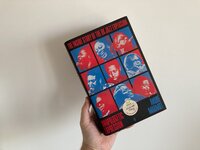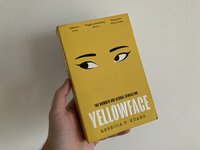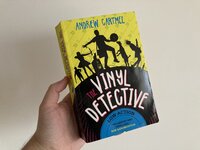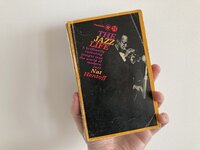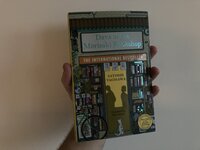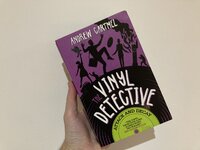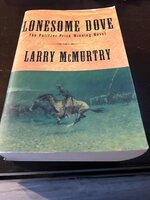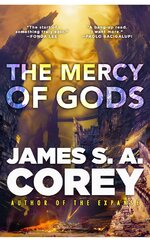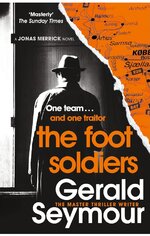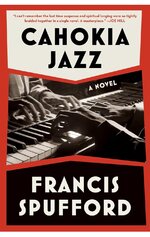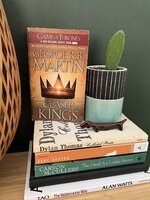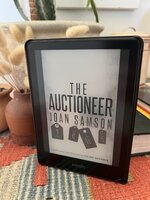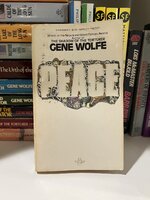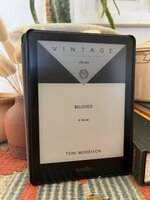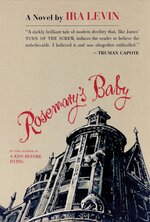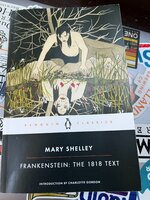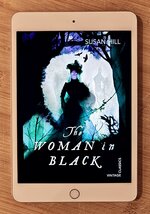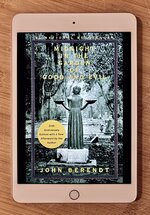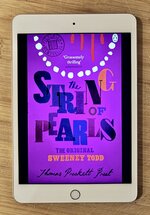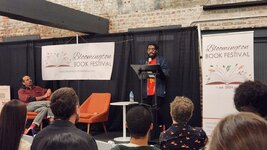Book 20: A Game of Thrones, by George R.R. Martin
View attachment 212857
Consider this my ultimate acquiescence to George never finishing the series, as I’ve been holding out on a reread for the occasion of the publication of The Winds of Winter. I’ve felt fairly certain it isn’t coming, but that’s something I’ll expound upon as I run the series through Dance With Dragons.
But GoT itself: it’s hard to read this book on its own merits; it’s like watching Star Wars and viewing it as simply “Star Wars,” not “Star Wars: Episode 4: A New Hope.” This is a worldbuilding exercise and a setting-up of pieces on the board, and thus a little difficult to separate out from the payoffs and revelations later in the series.
A few years back I read GRRM’s outline/pitch for the series, and reading GoT with it in mind shows the possible simplicity of the originally-planned trilogy. It’s wild just how much runway is given for (not a spoiler if you’ve watched the show)
RT+LS=JS in these pages; Ned Stark thinks back on his sister’s death often, and you can see how he’s holding back just enough truth.
In all, what I find most interesting about GoT and ASoIaF in general is that the story is about the aftermath of the previous battle for the Iron Throne; everyone is living with the consequences of a war from a dozen years ago. This is a medieval history nerd trying to thread the needle between entertainment and old-fashioned epic.
Book 21: Martyr!, by Kaveh Akhbar
View attachment 212855
There's quite a lot to enjoy here, plenty of depth to the prose and introspection which only a poet could really drill into. The structure is adventurous, moves quickly. Yet the conceit of the interludes, hypothetical conversations dreamt up by the author-insert protagonist between personages real and fictional, belies the singleness of the voices across the work; you get a lot of characters prevaricating in agreement with one another.
I found myself yearning for the exegesis of Akbar's exploration of death/martyrdom to the extent that I felt kind of frustrated by the whip-crack of plot development which occurs near the end; the book feels so unconcerned with story (which is fine) that the story which rears its head feels a bit unwelcome. I think there's 220 pages of great book hidden in this good 330 page book.
Book 22: Ripley's Game, by Patricia Highsmith
Book 3 of Highsmith’s Ripliad; I’ve been on a kick since Netflix’s exquisite Ripley limited (I hope that qualifier is soon inaccurate) series, as well as having caught Wim Wenders’s The American Friend on Criterion a month or two back. After a terminally ill art framer lightly snubs him at a social event, Ripley passes said framer’s name to a friend who’s looking for a hired killer. A lovely little friendship ensues; Strangers on a Train meets I Love You Man. Malkovich’s briefly-seen character from Ripley (‘24) factors in heavily here; seriously, Netflix: you have four more seasons to make. Don’t blow this.
Book 23: The Hearing Trumpet, by Leonora Carrington
View attachment 212856
A vibe, to be sure. Carrington, known best as a surrealist painter, apparently hung with Alejandro Jodorowsky, which inspires my logline: this book is like if The Holy Mountain was a novel about the Jim Broadbent section of Cloud Atlas. The story concerns a woman in her nineties who is sent to live in a surreal retirement community, where the residents live in buildings shaped like teapots and mushrooms. There’s a search for the Holy Grail, an apocalyptic ice age, and the discovery of a uranium mine under a kitchen.
Recently I’ve been at a place with surrealism where I’ve quit finding meaning; in the case of some artists like David Lynch I think the resulting feeling is more important than the meaning or intention, while a Jodorowsky gives me more an impression of someone deliberately throwing images at me without thought but rather an intention of thoughtfulness (if that makes sense; I dunno, I just saw Holy Mountain and found it to be silly nonsense (nonderogatory)). So I just went along for the ride here.


